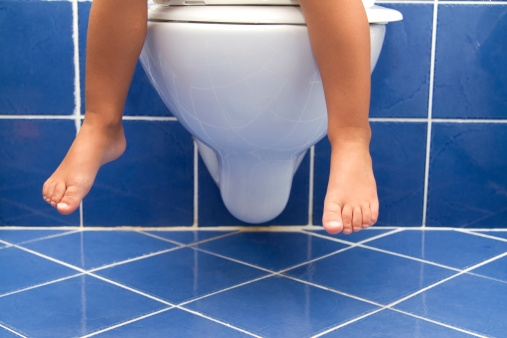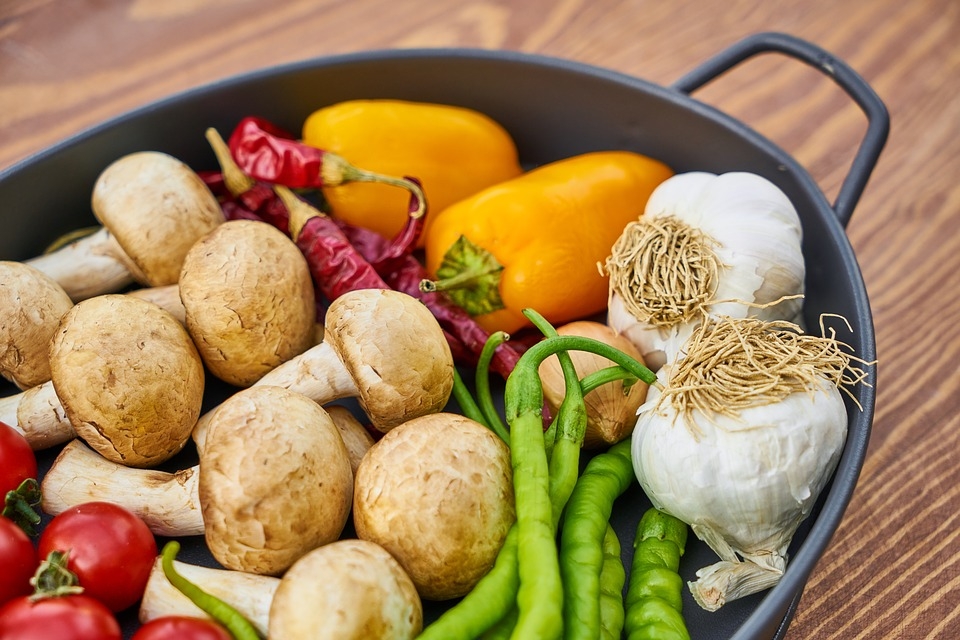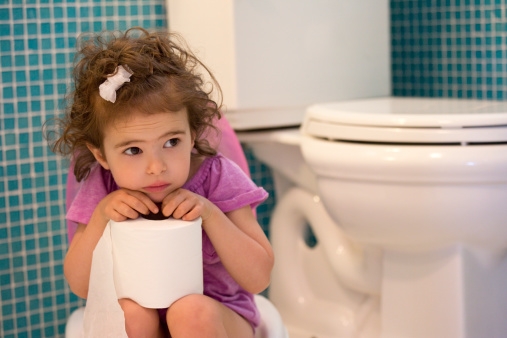Help! My child is constipated

There are three key stages in your child’s life when they could become constipated. The first is when they are 6-9 months old and switching from formula milk to their first foods. The second time is when they are a toddler being toilet trained and the third scenario is when they are older and they are constipated as they have just started school – this can be caused by stress. Another reason can be that they don’t poop because they do not want to use a toilet at school or anywhere away from home.
What are the signs that my child is constipated?
The key symptom is usually stomach ache or your child not wanting to eat. If your child is not old enough to tell you that they are feeling uncomfortable, you will be able to tell if there is a problem. If they are baby and they haven’t had a messy nappy for 2-3 days this is a sign or if your child is using the potty and has not done a poo for three days they could be constipated.
What are the main causes of constipation?
Not drinking enough fluid every day – water in particular is really good.
Not eating enough fibre every day
Some medicines can cause constipation, but your doctor should tell you this when prescribing them for your child.
Your child is ‘holding on’ because they have issues with using their potty or the toilet and this leads to constipation.
Your child is ‘holding on’ because they don’t want to stop playing to go to the toilet!

It is inevitable that your child will suffer from constipation very occasionally, but there are some simple steps you can take to ensure these are very infrequent occurrences.
Make sure that your child drinks enough water 3-4 glasses a day is good.
Make sure that your child is eating enough fibre – whole grain bread and pasta, fruit and vegetables. Peaches, pears and prunes are particularly effective!
Limit the amount of junk foods and fast foods they eat as they do not contain a good amount of fibre – except for popcorn!
Encourage your child to be active as this can really make a difference because exercise stimulates the digestive system
Try and have meals at regular times each day.
What are bad foods for constipation?Refined carbohydrates such as white bread, pasta and rice can cause problems for toddlers and milk and bananas are other known culprits.
What to do if your child is badly constipated
Unfortunately, a cycle can soon be established when your child is scared of pooping because they are scared that it will hurt because their poop is hard.
To ease the situation, gently smear a little petroleum jelly around their anus. Do this for a few moments because the stimulation of your finger could prompt a bowel movement. Check that there are no little fissures in the skin around the anus as these can occur when your child is constipated and they can be very sore. After your child has pooped, apply some Sudocrem or other quality nappy cream as this will soon heal them.

As well as following our guidelines to ease the constipation, it is a good idea to get your child into the routine of using the toilet after each mealtime and sitting on it for about ten minutes as they could successfully do a poop and this will help regularise their bowel movements. There is absolutely no reason why your child cannot sit on the toilet and read a book – after all many adults do!
Watch your child carefully for ‘pre-pooping’ signals as they will sense when they need to use the potty/toilet. Some children pull funny faces and others rub their tummies, some children go to another part of the room and try to hide. Encourage them to sit on their potty for a while.
A reward system with a small non-edible prize can prove a real incentive and help them to get into a good toilet routine.
Never get cross with your child or make them feel shame that they are having problems as this will only compound the problem. Try and keep upbeat throughout and teach your child that this is something that will occur occasionally throughout their life. It is important not to give them any hang ups about being constipated as sadly these will stay with them long into adulthood.
Chrissie x

